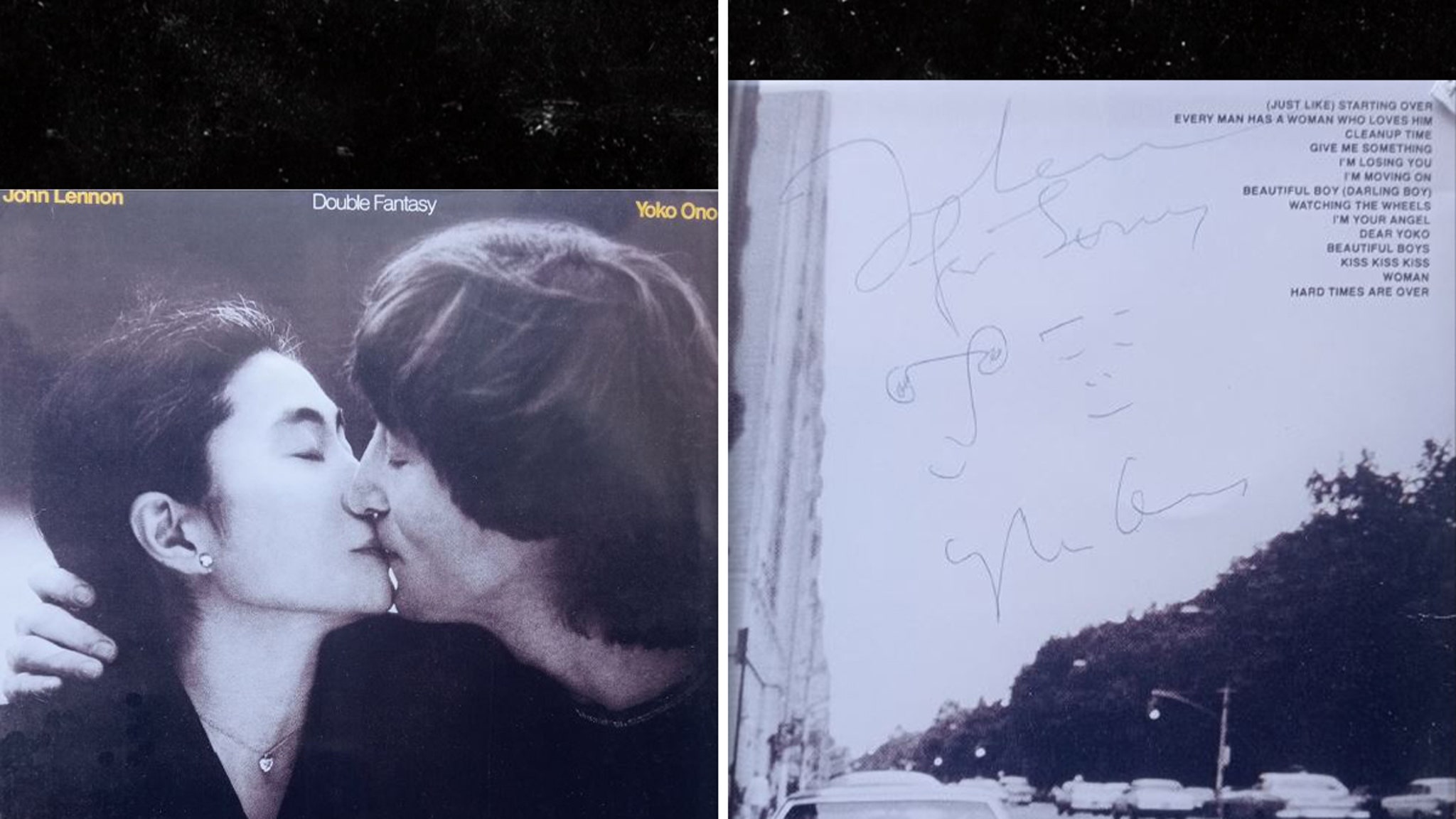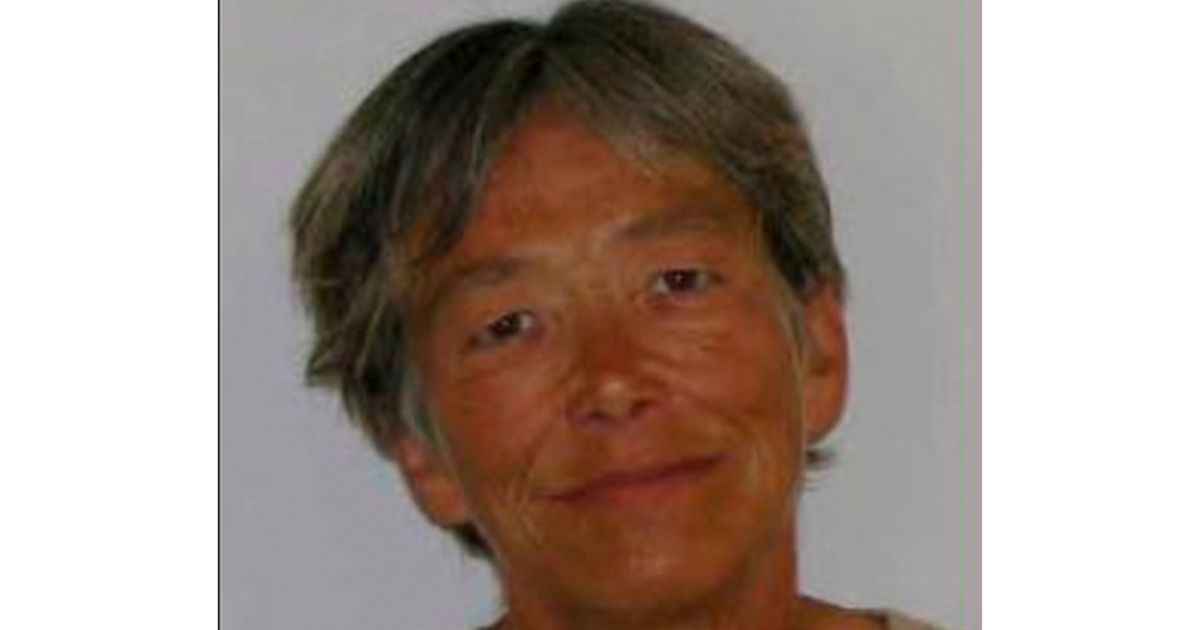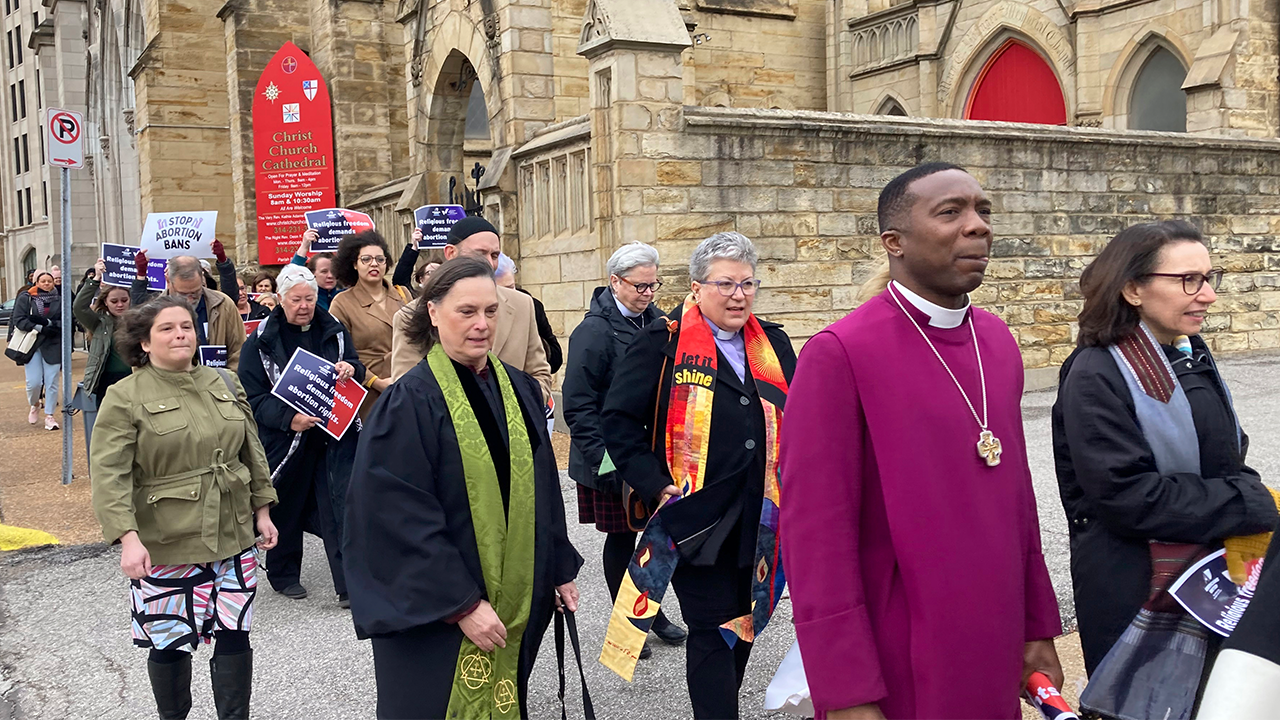A judge has overturned the conviction of a Missouri woman who was a psychiatric patient when she incriminated herself in a 1980 killing that her attorneys argue was actually committed by a now-discredited police officer.
Judge Ryan Horsman ruled late Friday that Sandra Hemme, who has spent 43 years behind bars, had established evidence of actual innocence and must be freed within 30 days unless prosecutors retry her. He said her trial counsel was ineffective and prosecutors failed to disclose evidence that would have helped her.
Her attorneys say this is the longest time a women has been been incarcerated for a wrongful conviction. They filed a motion seeking her immediate release.
“We are grateful to the Court for acknowledging the grave injustice Ms. Hemme has endured for more than four decades,” her attorneys said in a statement, promising to keep up their efforts to dismiss the charges and reunite Hemme with her family.
A spokesperson for Missouri Attorney General Andrew Bailey didn’t immediately respond to a text or email message seeking comment Saturday.
Hemme was shackled in leather wrist restraints and so heavily sedated that she “could not hold her head up straight” or “articulate anything beyond monosyllabic responses” when she was first questioned about the death of 31-year-old library worker Patricia Jeschke, according to her lawyers with the New York-based Innocence Project.
They alleged in a petition seeking her exoneration that authorities ignored Hemme’s “wildly contradictory” statements and suppressed evidence implicating Michael Holman, a then-police officer who tried to use the slain woman’s credit card.
The judge wrote that “no evidence whatsoever outside of Ms. Hemme’s unreliable statements connects her to the crime.”
“In contrast,” he added, “this Court finds that the evidence directly ties Holman to this crime and murder scene.”
It started on Nov. 13, 1980, when Jeschke missed work. Her worried mother climbed through a window at her apartment and discovered her daughter’s nude body on the floor, surrounded by blood. Her hands were tied behind her back with a telephone cord and a pair of pantyhose was wrapped around her throat. A knife was under her head.
The brutal killing grabbed headlines, with detectives working 12-hour days to solve it. But Hemme wasn’t on their radar until she showed up nearly two weeks later at the home of a nurse who once treated her, carrying a knife and refusing to leave.
Police found her in a closet, and took her back to St. Joseph’s Hospital, the latest in a string of hospitalizations that began when she started hearing voices at the age of 12.
She had been discharged from that very hospital the day before Jeschke’s body was found, showing up at her parents house later that night after hitchhiking more than 100 miles (160 kilometers) across the state.
The timing seemed suspicious to law enforcement. As the interrogations began, Hemme was being treated with antipsychotic drugs that had triggered involuntary muscle spasms. She complained that her eyes were rolling back in her head, the petition said.
Detectives noted that Hemme seemed “mentally confused” and not fully able to comprehend their questions.
“Each time the police extracted a statement from Ms. Hemme it changed dramatically from the last, often incorporating explanations of facts the police had just recently uncovered,” her attorneys wrote.
Eventually, she claimed to have watched a man named Joseph Wabski kill Jeschke.
Wabski, whom she met when they stayed in the state hospital’s detoxification unit at the same time, was charged with capital murder. But prosecutors quickly dropped the case upon learning he was at an alcohol treatment center in Topeka, Kansas, at the time.
Upon learning he couldn’t be the killer, Hemme cried and she said was the lone killer.
But police also were starting to look at another suspect — one of their own. About a month after the killing, Holman was arrested for falsely reporting that his pickup truck had been stolen and collecting an insurance payout. It was the same truck spotted near the crime scene, and the officer’s alibi that he spent the night with a woman at a nearby motel couldn’t be confirmed.
Furthermore, he had tried to use Jeschke’s credit card at a camera store in Kansas City, Missouri, on the same day her body was found. Holman, who ultimately was fired and died in 2015, said he found the card in a purse that had been discarded in a ditch.
During a search of Holman’s home, police found a pair of gold horseshoe-shaped earrings in a closet, along with jewelry stolen from another woman during a burglary earlier that year.
Jeschke’s father said he recognized the earrings as a pair he bought for his daughter. But then the four-day investigation into Holman ended abruptly, many of the details uncovered never given to Hemme’s attorneys.
Hemme, meanwhile, was growing desperate. She wrote to her parents on Christmas Day 1980, saying, “Even though I’m innocent, they want to put someone away, so they can say the case is solved.” She said she might as well change her plea to guilty.
“Just let it end,” she said. “I’m tired.”
And that is what she did the following spring, when she agreed to plead guilty to capital murder in exchange for the death penalty being taken off the table.
Even that was a challenge; the judge initially rejected her guilty plea because she couldn’t share enough details about what happened, saying: “I really didn’t know I had done it until like three days later, you know, when it came out in the paper and on the news.”
Her attorney told her that her chance to not be sentenced to death was to get the judge to accept her guilty plea. After a recess and some coaching, she provided more information.
That plea later was thrown out on appeal. But she was convicted again in 1985 after a one-day trial in which jurors weren’t told of what her current attorneys describe as “grotesquely coercive” interrogations.
Larry Harman, who helped Hemme get her initial guilty plea thrown out and later became a judge, said in the petition that he believed she was innocent.
“The system,” he said, “failed her at every opportunity.”
___
Associated Press researcher Jennifer Farrar in New York contributed.
































